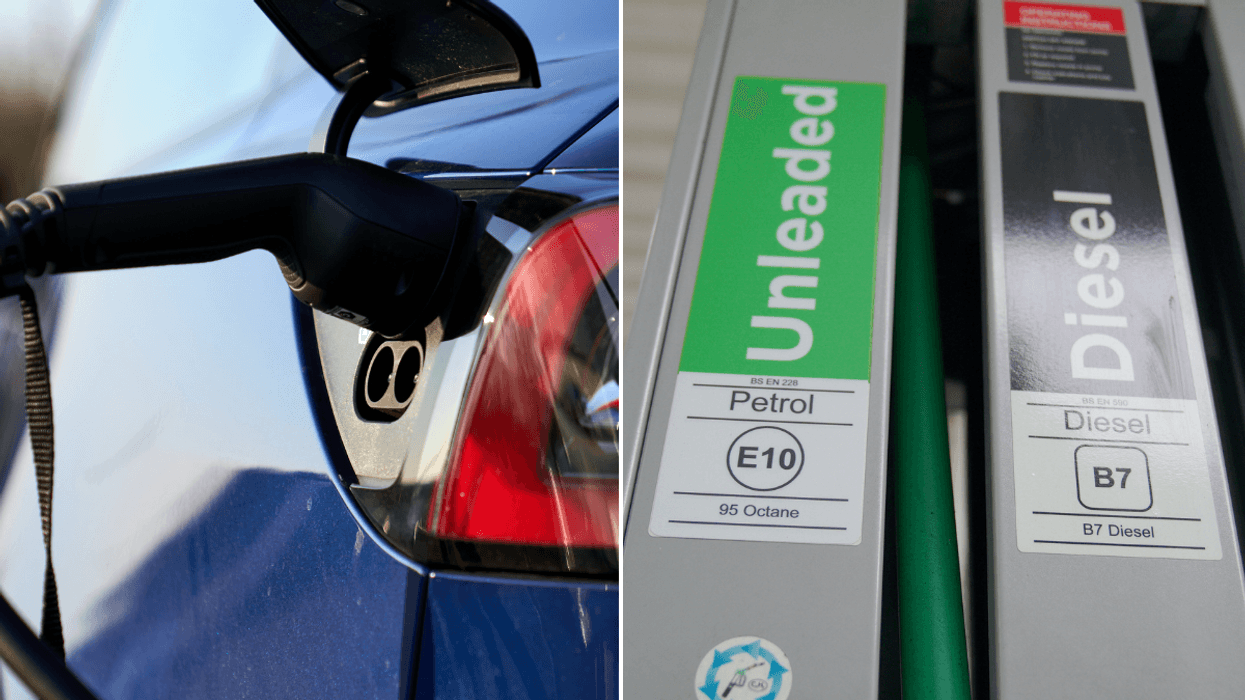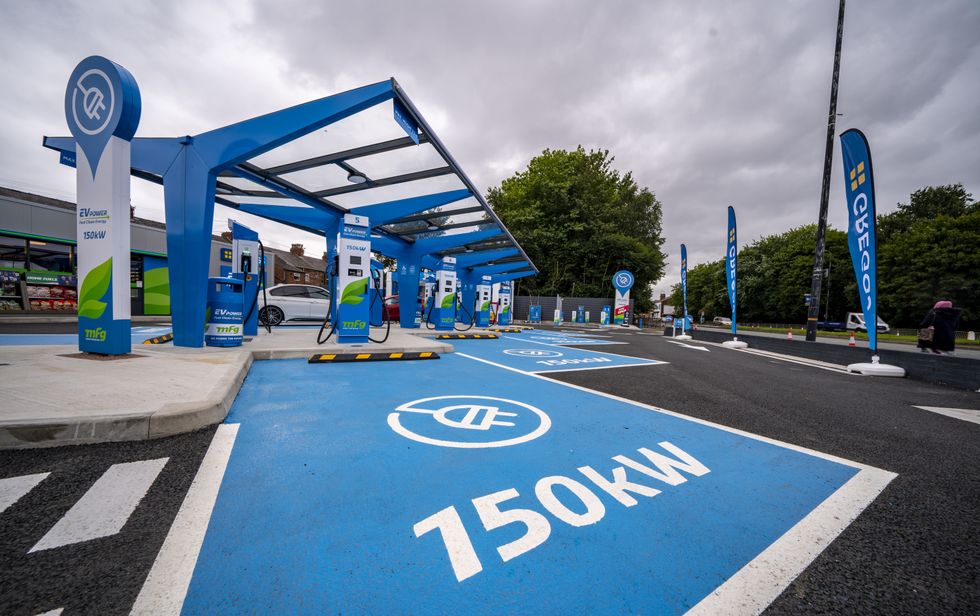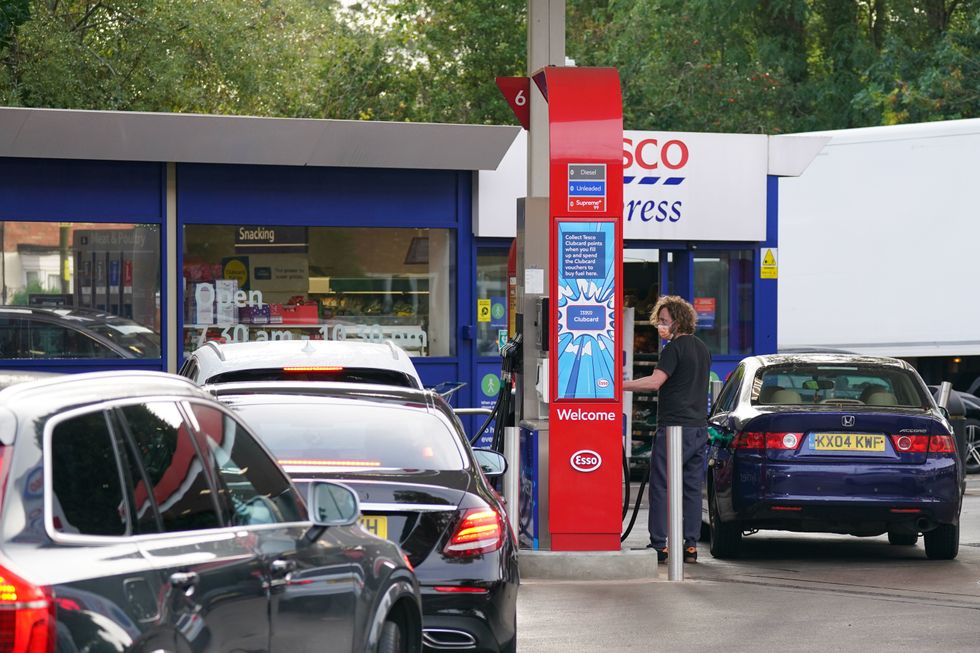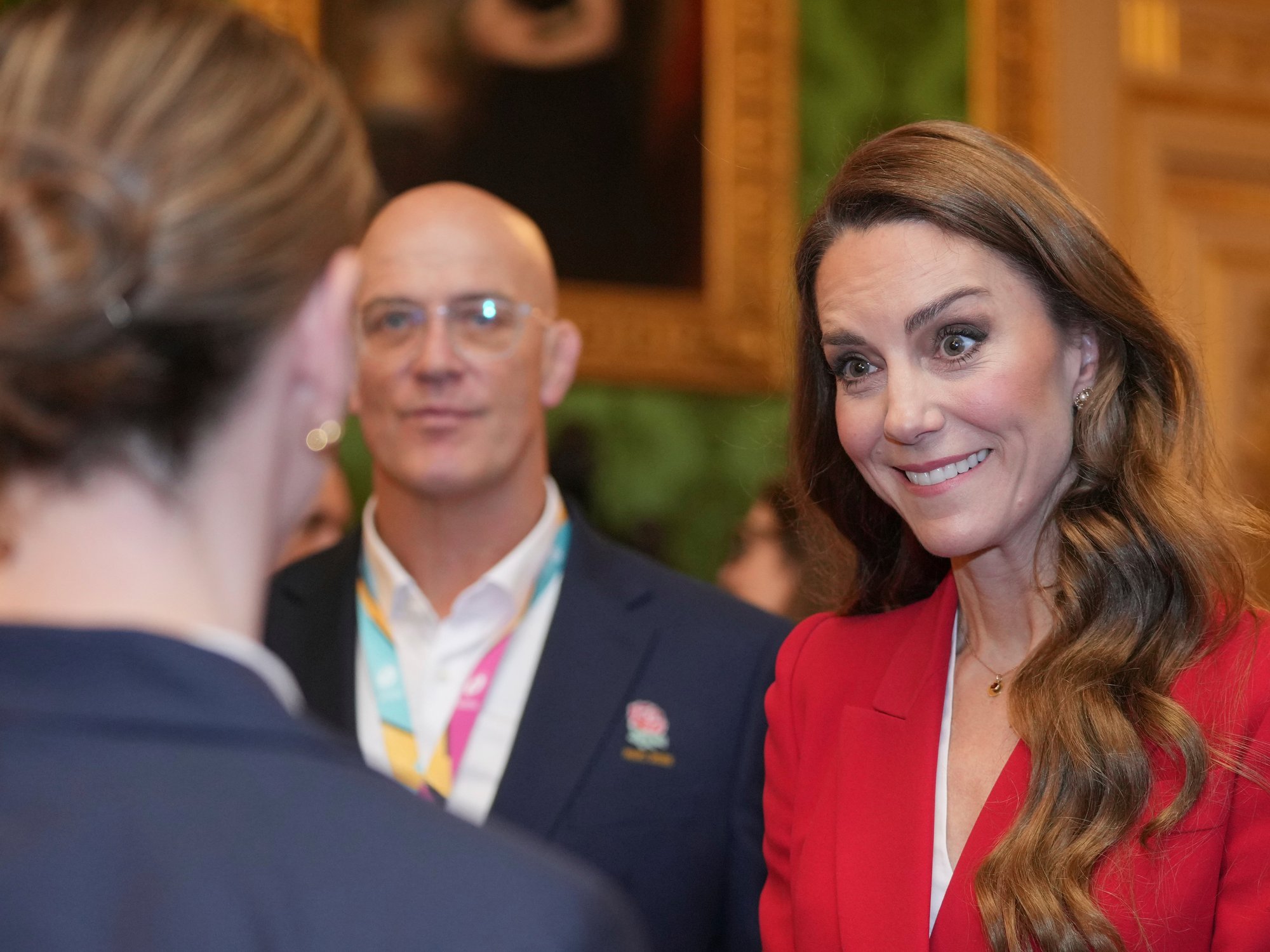Petrol and diesel cars to remain on roads beyond 2030 amid major U-turn by Labour

New sales of petrol and diesel cars to be banned by 2030
| GETTY/PA
Hybrid cars to remain on UK roads until 2035
Don't Miss
Most Read
Latest
Drivers could see a U-turn on the total ban of new petrol and diesel vehicles as hybrid cars get given an extended shelf life.
Hybrid cars will be allowed to remain on sale in the UK until 2035 despite its counterparts, diesel and petrol cars being banned by 2030.
The news comes after Labour ministers revealed they are planning on making an exception for hybrid cars despite the manifesto promise to scrap all new cars with combustion engines.
According to The Telegraph new hybrid cars like the Nissan Qashqai which uses a petrol or diesel engine alongside battery power would also fall under the banned category.
Do you have a story you'd like to share? Get in touch by emailing motoring@gbnews.uk

Hybrids cars to remain on roads until at least 2035
| PABut after growing unrest among car manufacturers who are being forced to ramp up their electric vehicle offerings, the Government is expected to make it clear that hybrid cars can remain on the roads after 2030.
Last week Helen Whately, the Tory Shadow Transport Secretary, claimed that the new Labour Government “either didn’t know what they were committing to” in its manifesto “or have now realised it isn’t possible”.
Whately said: “This new plan is the worst of both worlds. It doesn’t do much to drive down emissions and it’s moving too fast for businesses and motorists.
“Labour spent years in opposition telling everyone they’d give businesses certainty, but they’re backsliding within months. This dithering creates a huge headache for manufacturers and ultimately hurts economic growth.”
The move to allow hybrid cars to continue on the roads has been met with mixed views from drivers, with some heavily in favour and others seeing it as a backslide from net zero.
Posting on social media, one person shared: “It’s nothing to do with our Government, the EU is one of the most powerful markets in the world, they made this choice, and they are making the rules for manufacturers.
“The manufacturers have little choice if they want to play in their market and 2035, they can’t sell ICE in theirs and several other markets.
“It’s the manufacturers who are the ones that wanted to jump to 2030, so they aren’t left with surplus vehicles when 2035 comes around and the Government pushed policy in line with what businesses were doing.”
But someone else shared: “Britain's economy is failing and infrastructure crumbling, due to moronic Governments more intent on going to war with a superpower than fixing the country, going all electric is just a silly pipe dream.”
However on Saturday a Labour source confirmed to the paper that its plans were always to allow hybrid cars to continue to be sold beyond the 2030 cut off date.
A Government spokesperson said: “This Government’s policy has always been to revert to the original 2030 phase out date for the sale of new vehicles with pure internal combustion engines.
“The original phase out date included the provision for some hybrid vehicle sales between 2030 and 2035. We will set out further details on this in due course.”
LATEST DEVELOPMENTS:
- 20mph speed limits 'as a norm with exceptions would work well' across the UK - 'Life's better at 20mph'
- Motorists could lose free parking as council eliminates crucial benefit - 'At war with drivers!'
- Car insurance prices skyrocket with drivers forced to pay 10 per cent of their salary to stay on roads

22 per cent of new car sales need to be electric this year
| PAUnder the Zero Emissions Mandate, manufacturers need to produce a minimum percentage of zero emission vehicles every year in order to meet net zero goals ahead of the 2035 ban on the sale of new petrol and diesel vehicles.
This includes having at least 22 per cent of new car sales electric by the end of this year, a move which has slowed down due to lack of appeal from drivers to switch cars.










